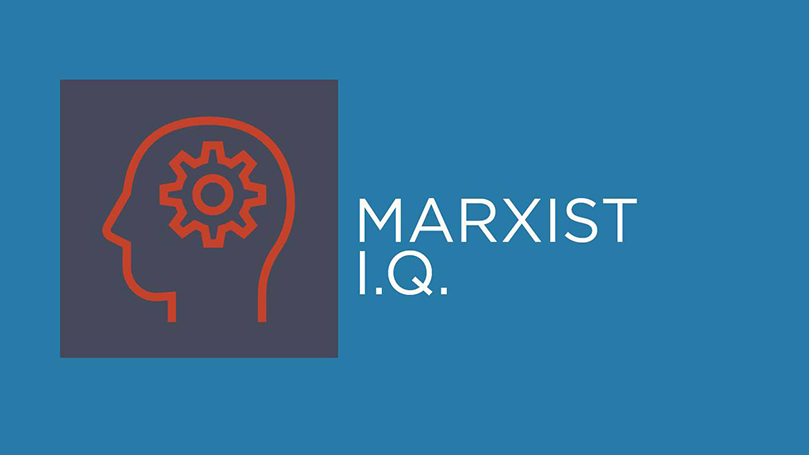
July is a very contradictory month in the history of socialism and of revolutionary and people’s movements. July 4 marked the U.S. Declaration of Independence, a turning point in the American Revolution and one of the transforming revolutionary documents in modern history.
July 14 marked the Storming of the Bastille (the prison which symbolized the horrors of the French absolutist monarchy), an upsurge that would become the French Revolution. Four years later, July (or, Themidor on that revolution’s calendar), marked the great reaction by wealthy merchants and landlords, who supported a revolution against the aristocracy, but acted to destroy the Jacobin regime, which, appealing to the impoverished masses, moved in an ever more radical direction.
And July 26 is the day that commemorates that storming of the Moncada Barracks by Fidel Castro and his revolutionary comrades against the brutal U.S.-supported Batista dictatorship in Cuba. That uprising was crushed, but Fidel and his comrades learned from the experience, developing the strategy and tactics that would triumph six years later. Since then, the Cuban Revolution has survived all the internal and external attacks which would follow that initial defeat, just as people’s movements in the U.S. and elsewhere continue to experience their own zigs and zags.
1. In his initial draft of the Declaration of Independence, Thomas Jefferson was influenced by
a. polls showing that a majority of the people supported independence.
b. the need to win over the conservative elements of the Continental Congress who had offered Britain the “Olive Branch Petition,” offering to forego independence in exchange for some concessions from the empire.
c. the desire to build a coalition with the Whigs (the liberals of those days) in the British Parliament. The latter favored negotiations with the Continental Congress to defeat the government led by ultra-right Tories, who called for the use of military force to smash all forms of independence.
d. the complete repudiation of the empire and monarchy in Tom Paine’s pamphlet Common Sense, which had already won great support among farmers and artisan workers in a rapidly developing revolutionary movement.
2. Out of the experience and struggles of the French Revolution would come individuals who would later be seen by Karl Marx and many others as pioneers in what came to be called by the 1840s the socialist and communist movements. Which of the following was not among these individuals?
a. Count Henri de Saint-Simon
b. Charles Fourier
c. Emmanuel Macron
d. François-Noël Babeuf
3. The Cuban Revolution was not clearly committed to a socialist path when it triumphed in 1959. It moved in a socialist direction because
a. the great poverty of the people and foreign ownership of the productive sectors of the economy could not be reversed by replacing the Batista dictatorship with a liberal capitalist regime.
b. the U.S. National Security Council and CIA responded to the revolution’s early attempts to redistribute wealth to the masses and institute its independence with an economic blockade, the creation of a counter-revolutionary exile army, and preparations for a CIA-directed invasion of Cuba.
c. of Soviet economic and technical assistance to the revolution, which enabled it to both survive the blockade and move to develop its own Cuban version of socialist development.
d. All of the above
4. In the Russian Revolution, the “July Days” refer to
a. the abdication of Czar Nicholas II.
b. the Bolsheviks’ call for all-out support for the Russian Provisional Government to fight the counter-revolution.
c. the Bolsheviks’ premature and failed attempt to overthrow the provisional government.
d. Lenin’s call for world revolution
5. July 2 commemorated the 59th anniversary of the signing of Civil Rights Act of 1964 as well as the birth of Thurgood Marshall, who served as the NAACP’s chief counsel in the landmark Brown v. Board of Education decision. Thurgood Marshall would also later be the first African American Supreme Court Justice. The 1964 Civil Rights Act, whose provisions have been attacked and undermined by state laws and Supreme Court decisions,
a. barred discrimination in all public accommodations, hotels, restaurants, theaters, ballparks, public restrooms, etc.
b. barred discrimination based on race, gender, national origins and religion in employment, and established the Equal Employment Opportunity Commission (EEOC) to enforce these bans in court.
c. banned the use of federal funds for any program which practiced discrimination based on race, gender, national origins, or religion.
d. All of the above
Answers here.


 Join Now
Join Now